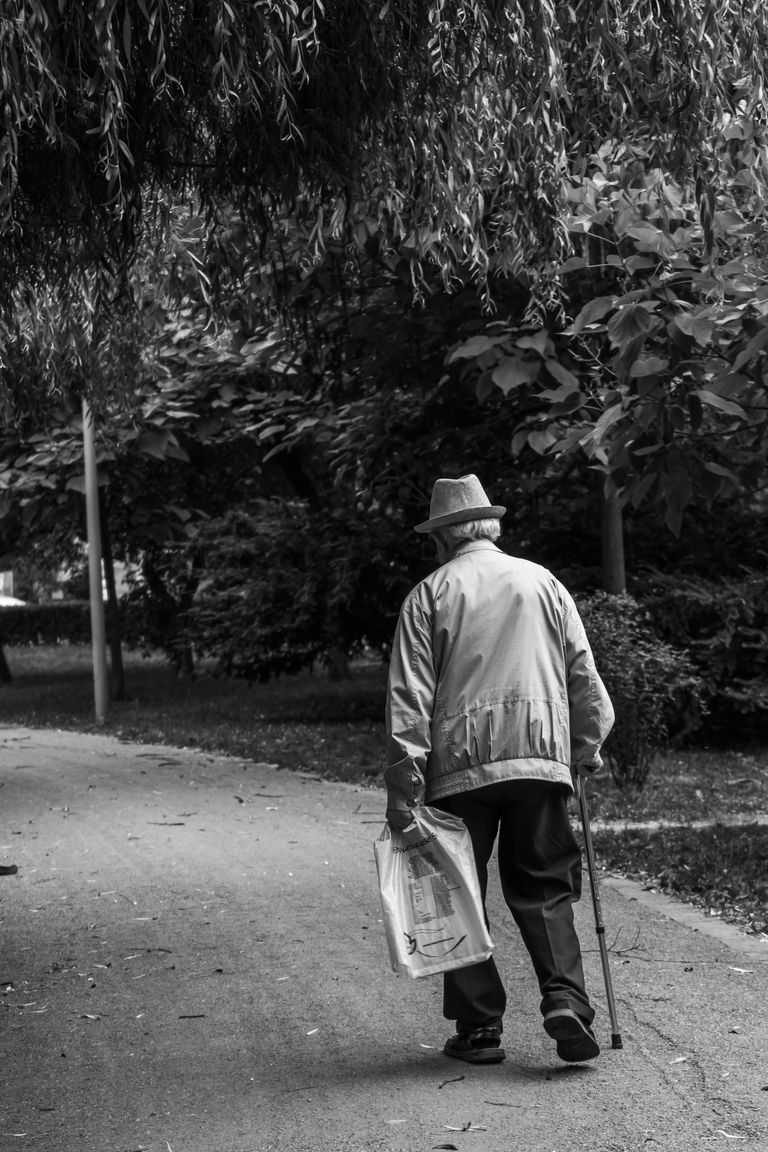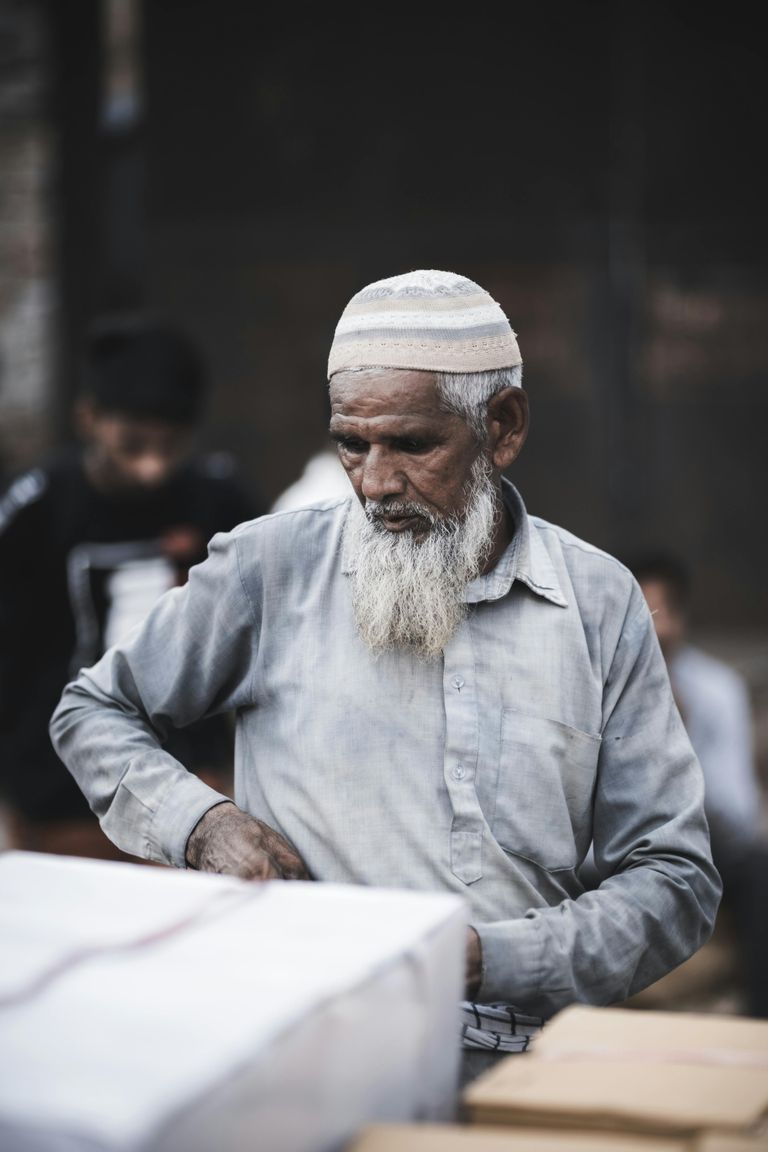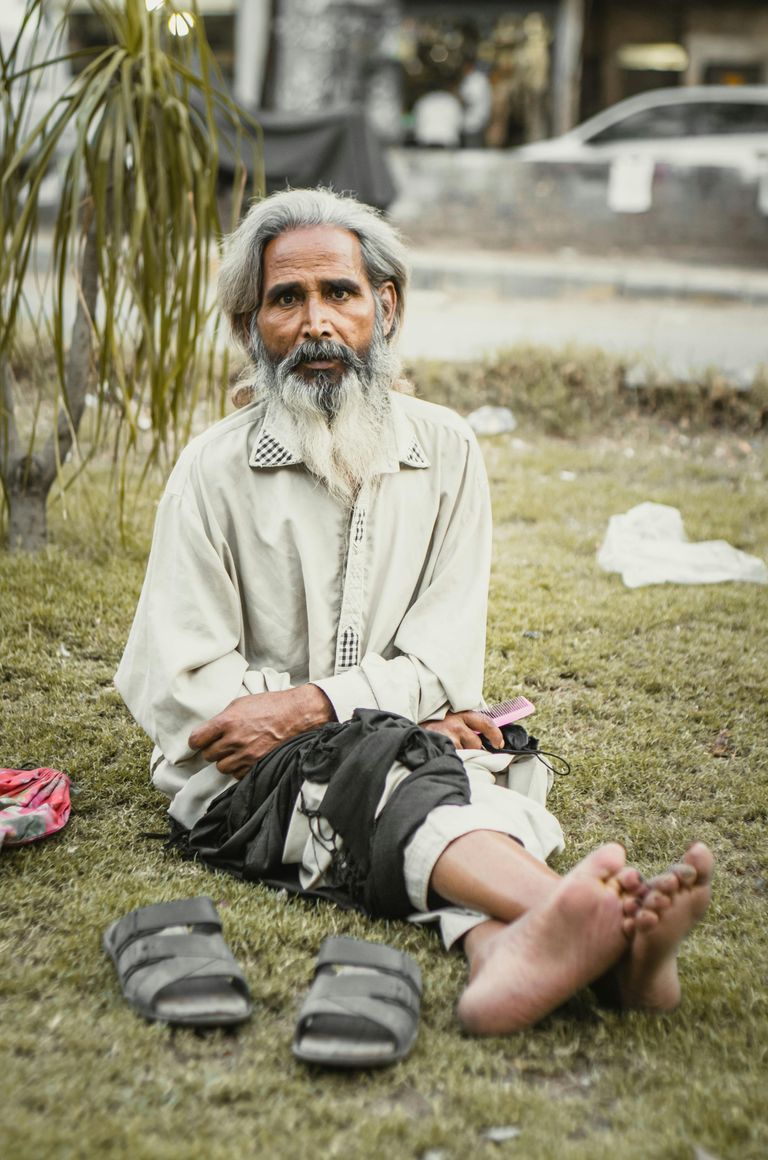Background
Emergencies like natural disasters, pandemics, and conflicts tend to significantly impact older individuals, making their existing vulnerabilities more pronounced. It is crucial to consider and cater to the specific needs of seniors in emergency planning and response because they often contend with issues like limited mobility, chronic health conditions, and social isolation. These factors can make it difficult for them to access help, evacuate safely, or receive prompt medical attention and support services. Moreover, the chaos and stress of emergencies can heighten the risk of elder abuse, encompassing physical, emotional, financial, or neglectful mistreatment.
The World Elder Abuse Awareness Day (WEAAD) for this year, themed "Spotlight on Older Persons in Emergencies," underscores the pressing importance of safeguarding and aiding older individuals during crises. It urges governments, international contributors, organizations, and communities to prioritize the safety and welfare of seniors in their emergency planning and response approaches. The emphasis is on crafting comprehensive policies that ensure older individuals are not disregarded during emergencies.

WEAAD 2024 also highlights the value of educating and training emergency responders, caregivers, and the public. Enhancing awareness about the distinct challenges older people face in emergencies can create a more inclusive and protective environment.
In commemorating WEAAD, let us renew our commitment to protecting the rights and dignity of older individuals, guaranteeing that everyone, particularly seniors, is supported during times of crisis.

Addressing elder abuse
The global population of persons aged 60 years and older is projected to increase by 38% from 2019 to 2030, with the most significant growth in the developing world. Elder abuse is a prevalent issue in developed and developing countries, often underreported, with prevalence rates ranging from 1% to 10%. There is a need for a global response to protect the rights of older individuals, considering cultural contexts and specific risk factors. Addressing elder abuse requires well-equipped primary health care and social service sectors to detect and handle cases effectively.
